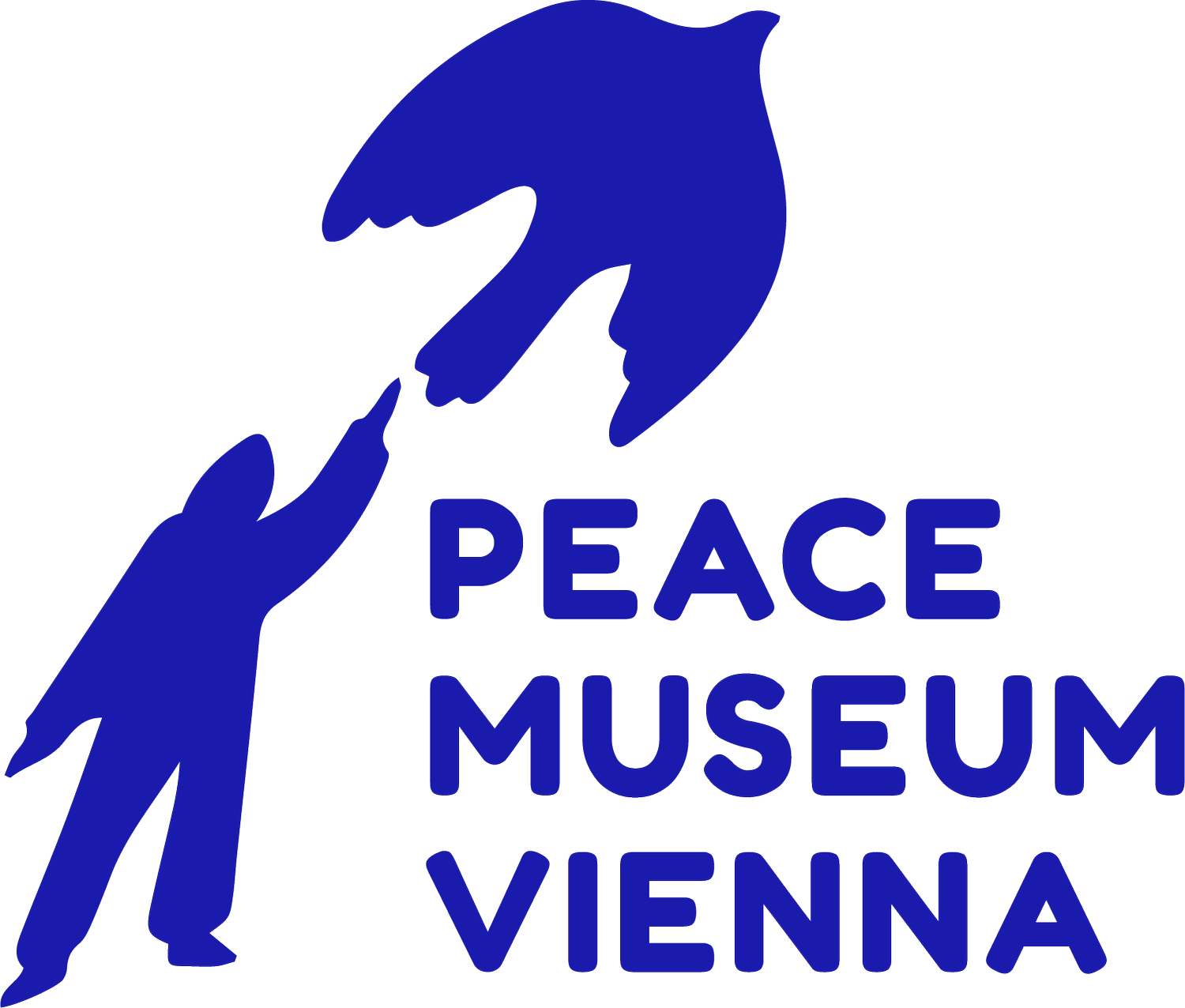Zafar Shayan
Tobias Asser was a Dutch lawyer and scholar who won the 1911 Noble Peace Prize due to his magnificent works in the field of private international law and initiation of the Hague Conference on Private International Law. He was born in Amsterdam in 1838 and died in 1913 in the Hague. The family of Asser had a lawyer's background; his grandfather and his father were prominent lawyers and his uncle has been the Minister of Justice of the Netherlands.
Asser studied law at the Universities of Amsterdam and Leiden. He got his doctoral degree in 1861 from Athenaeum (the previous name of the University of Amsterdam) at the age of twenty-one. After graduation, immediately he was appointed as a member of an international commission which founded in order to negotiate the abolition of the tolls on the Rhine River. In 1861, he became a professor of private law at the University of Amsterdam.
Asser was acquired as a leading lawyer because of his years of work in the are of international private law. He convinced the Dutch government to call for several conferences of European powers to formulate a regulation of international private law. The first two conferences on international private law were held in 1893 and 1894 in the Hague, where the representatives of the most European countries attended. He led the conferences of 1900 and 1904, in which several treaties related to international family law, including marriage, divorce, legal separation and child care.
In 1869, along with Gustave Rolin-Jaequemyns from Belgium and John Westlake from England, he established a journal of international law called Revue de droit international et de législation comparée. In 1873, he was invited by Rolin-Jaequemyns to take part in a conference at Ghent, Belgium where the Institute of International Law was established. He has also done important works in the literature of law, from which he can be referenced from his works such as Schets van het internationaal Privatrecht (1877) and Schets van het Nederlandsche Handelsrecht (1904).
In addition, Asser served as the legal adviser of the Ministry of Foreign Affairs of the Netherlands in 1875, he became of the council of State in 1893, worked as president of the State Commission for International Law starting in 1898, represented his country in the Hague Peace Conferences of 1899 and 1907, and worked as a minster from 1904 until his death. In almost all of the treaty conducted by the Dutch government between 1875-1913, Asser was involved as an effective negotiator. He was also a member of the Permanent Court of Arbitration.
Asser has received several honorary degrees from the Universities of Edinburgh, Cambridge, Bologna, and Berlin. He also received the 1911 Noble Peace Prize and a library of international law in the Peace Palace in The Hauge is named after him.
_________
The Nobel Prize: www.nobelprize.org/prizes/peace/1911/asser/biographical

